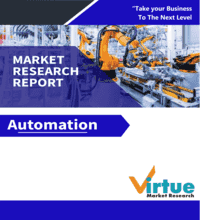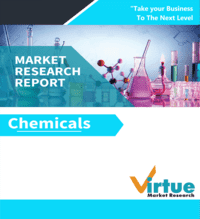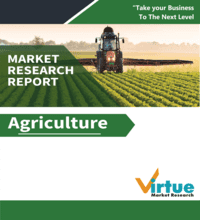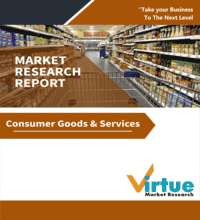Research Reports
REPORT BY INDUSTRIES
REGIONS

From: $2500
2023 - August
150
VMR-14888



From: $2500
2023 - August
150
VMR-15692



From: $2500
2023 - August
150
VMR-15696



From: $2500
2022 - August
150
VMR-15695



From: $2500
2025 - July
150
VMR-16657



From: $2500
2025 - July
150
VMR-18524



From: $2500
2025 - July
200
VMR-203



From: $2500
2024 - July
150
VMR-14872



From: $2500
2024 - July
150
VMR-2118



From: $2500
2024 - July
150
VMR-11425



From: $2500
2024 - July
150
VMR-17330



From: $2500
2024 - July
150
VMR-14818



From: $2500
2024 - July
150
VMR-4071



From: $2500
2024 - March
150
VMR-1283



From: $2500
2024 - March
150
VMR-11523



From: $2500
2024 - March
150
VMR-3605



From: $2500
2024 - March
150
VMR-12154




